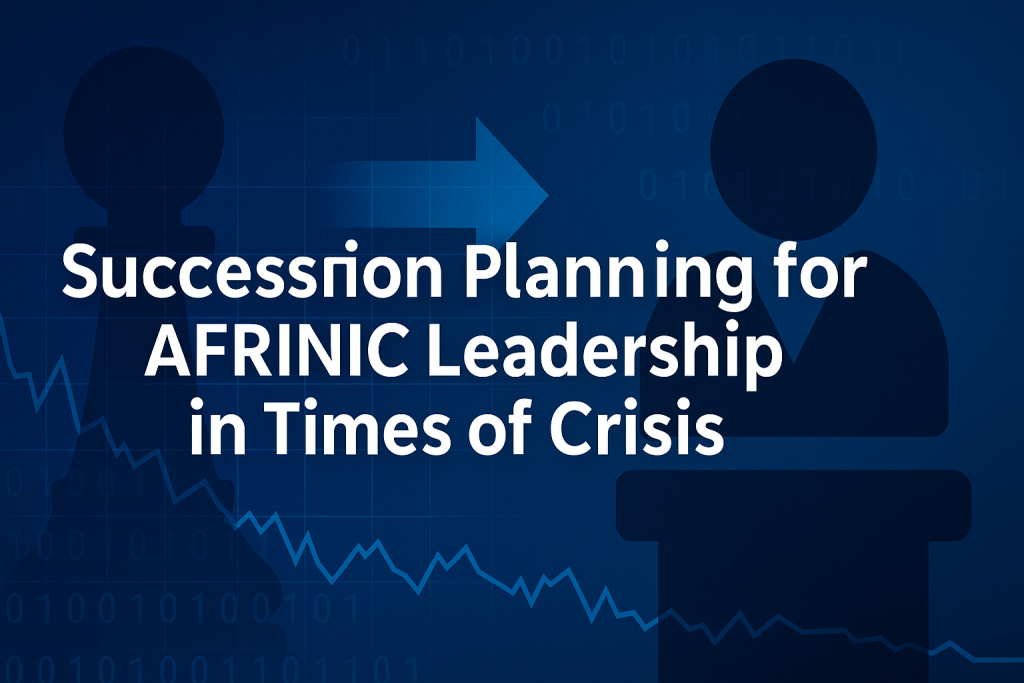- AFRINIC’s leadership vacuum raises concerns about continuity and accountability.
- Experts call for lawful, transparent succession to restore trust.
Leadership uncertainty amid legal deadlock
AFRINIC’s leadership crisis shows no sign of resolution. Following the annulled June 2025 election and the disputed September rerun, the African Network Information Centre now faces another vacuum — no credible leadership transition plan. This gap leaves core decisions on IP address allocation, policy enforcement, and international coordination suspended.
Independent research from APNIC Labs shows IPv6 adoption and resource allocation efficiency are now falling behind global peers.
Also read: AFRINIC election results face legitimacy challenge over governance breaches
Also read: AFRINIC election: Voter fraud uncovered as ECom member threatens to resign
Lack of structure and accountability
Leadership renewal has become nearly impossible under AFRINIC’s fractured governance. Several board members have resigned or had their mandates lapse without lawful replacements. Instead of enabling a smooth handover, the Receiver’s ongoing control has concentrated power in one unelected position. Critics describe this as “institutional capture through procedural ambiguity.”
Under normal conditions, AFRINIC’s Nomination Committee and membership base would drive the selection of directors. But persistent legal interference has blocked those functions. The absence of independent oversight and election certification erodes trust among members and international partners alike.
Analysts warn that AFRINIC’s leadership void risks creating technical backlogs — including pending IP resource requests, unresolved policy proposals, and stalled collaborations with bodies such as the Internet Society and ICANN. Without a functional executive, even routine operations can grind to a halt.
Also read: Why AFRINIC’s election security needs stronger legal guarantees in Mauritius
Why succession planning matters
Experts argue that AFRINIC’s failure to prepare for leadership continuity exposes a lack of foresight. Effective registries like RIPE NCC and APNIC maintain clear frameworks to manage board succession, ensuring that community oversight and accountability remain intact even during disputes.
In contrast, AFRINIC’s reliance on court supervision and ad hoc extensions undermines its credibility. Members question why no emergency mechanism exists to delegate authority lawfully under community mandate rather than judicial control.
Also read: AFRINIC’s hidden scandal: How legal fees exposed a culture of corruption
Rebuilding trust through reform
To recover from its leadership crisis, AFRINIC must overhaul its governance framework. Suggested reforms include:
- Codifying a clear succession process within its bylaws.
- Establishing term limits and automatic triggers for interim appointments.
- Enabling third-party election audits to certify fairness.
- Separating technical operations from legal oversight to maintain neutrality.
Cloud Innovation, AFRINIC’s third-largest member, has repeatedly called for such reforms, arguing that only transparent governance can prevent future leadership collapse.

